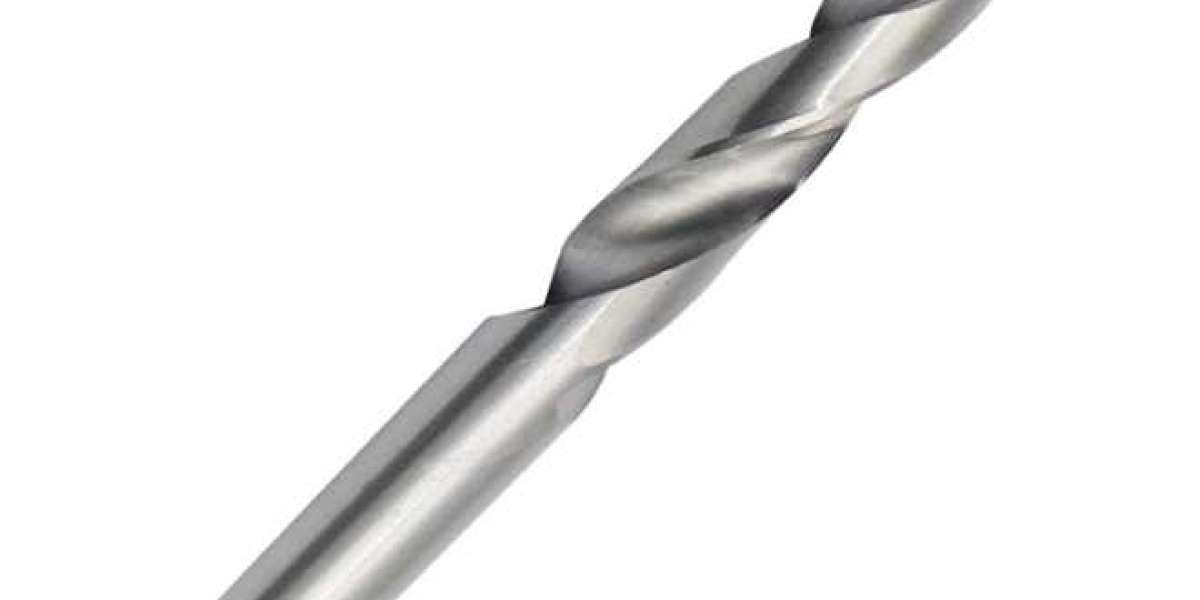Understanding the Basics: What are Carbide Drill Bits?
Carbide drill bits are drilling tools designed specifically with carbide, a compound made up of carbon and a less electronegative element, often tungsten. The tungsten carbide tip gives the drill bit its hardness and resistance to high temperatures, making it ideal for drilling through tough materials. This superiority is what differentiates it from conventional high-speed steel (HSS) drill bits.
Why Choose Carbide Drill Bits: The Intrinsic Benefits
Durability: Carbide drill bits have an exceptionally long life, often outlasting their HSS counterparts by a significant margin. Their resistance to wear means they can be used extensively without requiring frequent replacements.
Heat Resistance: Drilling generates heat, and prolonged heat exposure can deteriorate the sharpness of a bit. Carbide drill bits can withstand high temperatures, ensuring that they maintain their edge and efficacy even after rigorous use.
Precision: Thanks to their hard nature, carbide bits don't easily lose their sharpness, which ensures that every hole drilled is precise and to the desired depth.
Efficiency: Since these bits can drill through tough materials without getting dull quickly, they offer a faster drilling speed, thereby reducing work time.
Versatility: From metal to hardwood, carbide bits can penetrate a variety of surfaces, making them a favored choice in diverse industries.
Deciphering Applications: Where are Carbide Drill Bits Most Commonly Used?
Metalworking: Industries involved in metal fabrication and machining frequently rely on carbide bits to drill through metals like stainless steel, aluminum, and cast iron.
Woodworking: While HSS bits are commonly used in woodworking, carbide-tipped bits provide a cleaner and faster cut, especially when working with hardwoods.
Masonry and Construction: Drilling through tough materials like concrete, stone, or tiles demands the robustness of a carbide drill bit.
Automotive Industry: The production and repair of vehicles require precise drilling, and the hardness of carbide bits makes them apt for this industry.
Electronics Manufacturing: Precision is vital in the electronics sector. Carbide drill bits ensure tiny and accurate holes in circuit boards and component housings.
Caring for Your Carbide Drill Bit: Maintenance and Tips
While carbide drill bits are robust and durable, maximizing their lifespan requires proper care and attention. Here are some maintenance tips to ensure the longevity and efficiency of your carbide drill bits:
Regular Cleaning: After use, clean the bits with a soft brush or cloth to remove any debris. For stubborn residue, soak the bit in a cleaning solution.
Storage: Store your carbide drill bits in a cool, dry place. Avoid piling them on top of each other as this can cause unnecessary wear.
Sharpening: While they retain their sharpness for long periods, carbide bits can eventually become dull. It’s essential to sharpen them using a diamond sharpening wheel, ensuring they’re always ready for action.
Use Cutting Fluid: When drilling metals, using a cutting fluid can minimize friction and heat. This not only ensures cleaner holes but also extends the life of your carbide bit.
Avoid Excessive Force: Let the drill bit do the work. Applying too much pressure can cause breakage or bending of the bit.
Regularly Check for Wear: Even though carbide is robust, it can crack or chip. Before each use, inspect your bits for any signs of wear or damage.
Conclusion
Carbide drill bits are the champions of the drilling world, offering unmatched durability, precision, and versatility. Whether you’re a professional in the construction industry, a DIY enthusiast, or someone involved in precision tasks like electronics manufacturing, understanding the power and potential of carbide drill bits is essential. With proper care and usage, they can be a long-lasting and invaluable addition to your toolkit. Remember, investing in quality tools not only ensures efficiency but also guarantees safety and a job well done.








